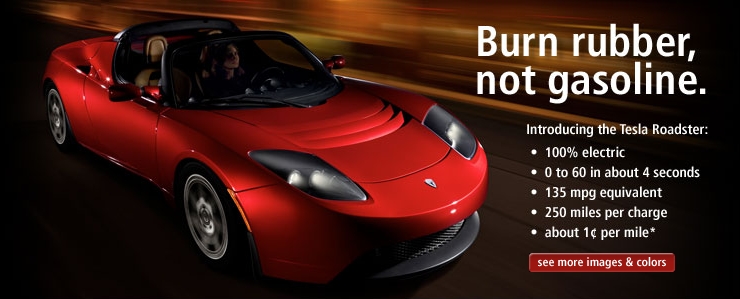by Zachary Nowak [Originally published on Energy Bulletin on 3 June 2008] Now that oil is up over $130 a barrel and the subprime debacle is making everyone think that there may just be a Big Problem in the future, I would like to reopen the discussion on the menu du jour, post-Peak. Tractor trailers may not be able to bring in our Krispie Flakes and California oranges, and we may have to “make other arrangements,” as James Howard Kunstler often says, to feed ourselves. I am worried with the frequency that I see “gardens” as a solution to a breakdown in the food supply, and I would like to disabuse the peaknik crowd of this dangerous illusion.
“If there’s a problem with the food supply, I’ll just garden,” you say! If the Peak comes and causes disruptions in the food supply, your Hubbert Victory garden will see you through the winter months. I’m sure most of us love to picture ourselves putting up forty quarts of tomatoes and salting beans for the winter in a large beige crock. With your green thumb and Mason jars you’ll can enough to last until next year’s first corn comes in.
This is a nice fantasy, but I would ask the more serious to do a simple survey. Each of us likely has a friend who has a fairly large garden. Ask him or her what percentage of their family’s yearly food intake comes from the garden – I would be astounded if any say more than two percent. Annual gardening, like agriculture, takes an enormous input of energy for the return you get, and that is assuming you are good at it.
Are you good at it? How much do you know about gardening? To have a truly successful large garden you need to eliminate as many of the risks as possible. Unfortunately, the risks are myriad: poor germination, premature planting (or a late frost), garden pests (from aphids to groundhogs), too much rain, too little water, and so on. Taking each of these individually, we can see that annual gardening has a lot of luck involved in it. A good gardener buys high-quality seeds, uses cold frames to start plants before the last frost, knows the growing periods of each vegetable well, is prepared for the various “enemies” of his/her plants, and spends hours watering if need be.
What happens, though, if it doesn’t work out well? If gardening is your hobby, it’s not a problem. But in a post-Peak situation where food is tight, it just may be. Ask yourself what you know about gardening, and whether that is enough to risk your life on the tomatoes coming in and rows of corn ripening. Horticulture alone is not a valid answer unless you are already an expert, and even then it is tough. I am emphatically not saying that you should not garden – a large garden will be essential – but simply that it is dangerous to depend on gardening alone.
What then, is the answer? Lowering your inputs, increasing your outputs, and redundancy. In other words, get more food from plants that don’t require such babying, and don’t rely on just a few main crops. The key is diversification with hardier, low-maintenance crops: perennial vegetables, bush- and vine-fruits, and trees. If you’re a gardener you likely already have the two most common perennial vegetables, asparagus and rhubarb (the latter we often eat as a fruit, with strawberries), but don’t limit yourself to these! There are a number of perennial onions that come up every year without the hassle of planting sets, tubers like Jerusalem artichokes that are easy to the point of being pesky, and even old-fashioned favourites like lovage. Fruits like currants and gooseberries are easy to propagate and can, and you can even have kiwi fruit growing along your fence (it’s a smaller, hardier relative than the kiwi in the grocery stores). For trees, go beyond apples and peaches to hazelnuts, quinces, and persimmon trees. All have fewer pests than their more common cousins and produce fruit and nuts earlier and more steadily.
Of course a bountiful harvest just begs more questions, like are there other methods of preservation that are less energy-intensive than canning? This is an optimistic problem, one you should be happy to face. A much more immediate problem is feeding yourself in an uncertain world. Don’t get me wrong, I will still have an annual garden long after Hubbert’s Peak – I can’t be without tomato sauce or fresh corn – but having tried my hand at gardening, I’ve realized that it’s a gamble as far as what you get, and not one most people should make. Peakniks with green thumbs, go buy some currant bushes!






